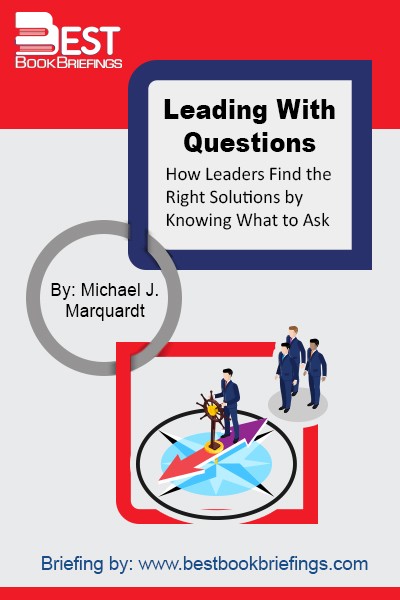Leading With Questions
How Leaders Find the Right Solutions by Knowing What to Ask
Number of pages: 320
Publisher: Jossey-Bass
BBB Library: Leadership, Communication
ISBN: 9781118658130
Editorial Review
Questions can elicit information, of course, but they can do much more. Astute leaders use questions to encourage full participation and teamwork, to spur innovation and outside-the-box thinking, to empower others, to solve problems, to build relationships with others. Recent research—and the experience of a growing number of organizations—now points to the conclusion that the most successful leaders lead with questions. They create the conditions and environment to ask and be asked questions. Too often, we ask questions that disempower rather than empower our subordinates. These questions cast blame, for example, “Whose idea was that?” Then, the point isn’t that leaders just don’t ask enough questions. Often, we don’t ask the right questions or we don’t ask questions in a way that will lead to honest and informative answers. Many of us don’t know how to listen effectively to the answers to the questions and haven’t established a climate in which asking questions is encouraged. So, it’s time for us to become stronger leaders by learning how to ask the right questions effectively, how to listen effectively, and how to create a climate in which asking questions becomes as natural as breathing.
Book Reviews
Books on Related Topics
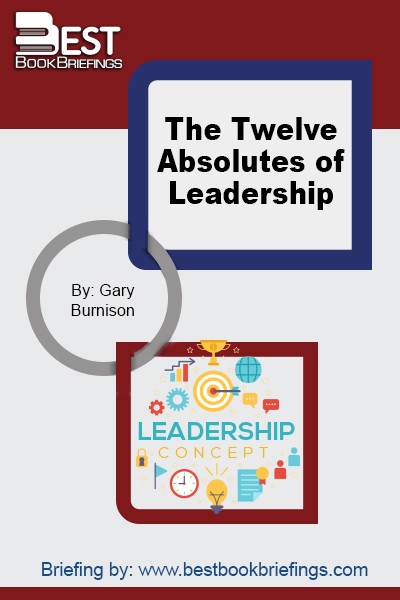
Leadership is easy to intellectualize, but elusive to actualize. Leadership is part strategy, but mostly judgment. Always it is about grace, confidence, and touch. There are no half measures when it comes to leading others. You must be fully engaged and fully committed, but you must never personalize what is happening
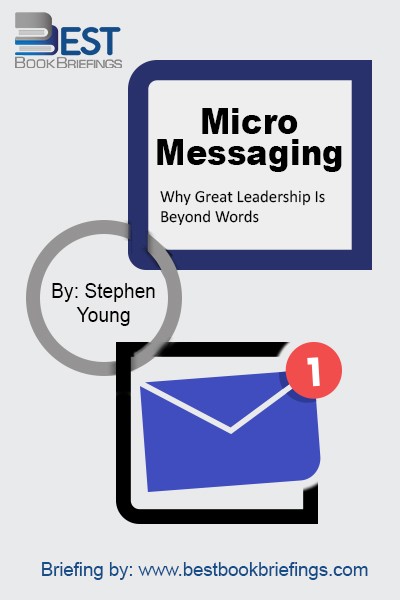
When we write or speak a message, our egocentrism (interest in personal needs and wants) can cause us to believe that what we intend to convey is what others will interpret. Unfortunately, interpretation and intent don’t always match up. The gap between message sent and message received often determines fear, confidence,
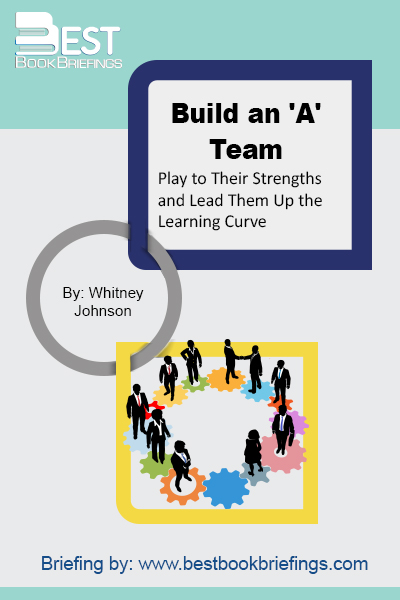
What's the secret to having an engaged and productive team? It's having a plan for developing all employees--no matter where they are on their personal learning curves. Better morale and higher performance happen through learning, argues Whitney Johnson. In over twenty years of coaching, investing, and consulting, Johnson has seen that
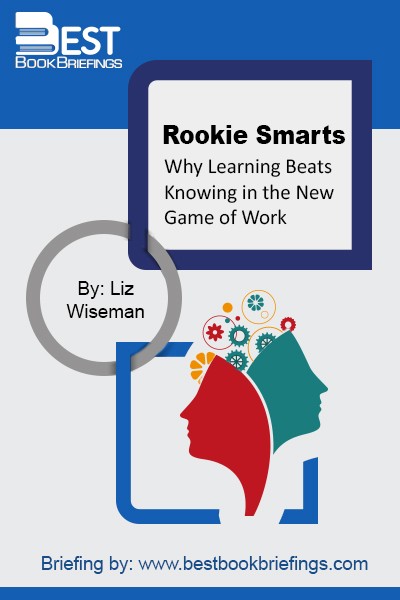
We need to build a rising generation of leaders who aren’t afraid to tackle the world’s toughest challenges. We need leaders who know how to mobilize a diverse set of experts and use all the intelligence and human capability inside our organizations. Rookie smarts isn’t an age or experience level, it
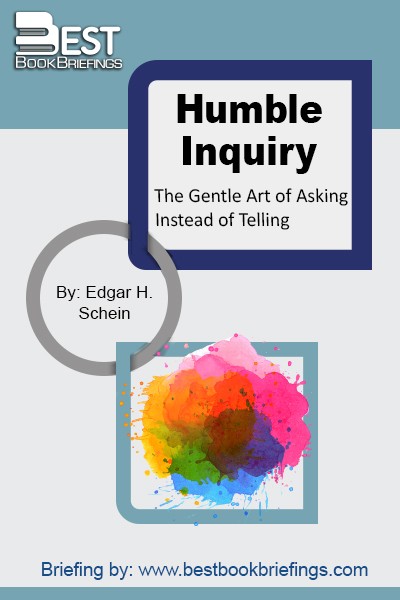
Ed Schein defines Humble Inquiry as “the fine art of drawing someone out, of asking questions to which you do not know the answer, of building a relationship based on curiosity and interest in the other person.” In this seminal work, Schein contrasts Humble Inquiry with other kinds of inquiry, shows

